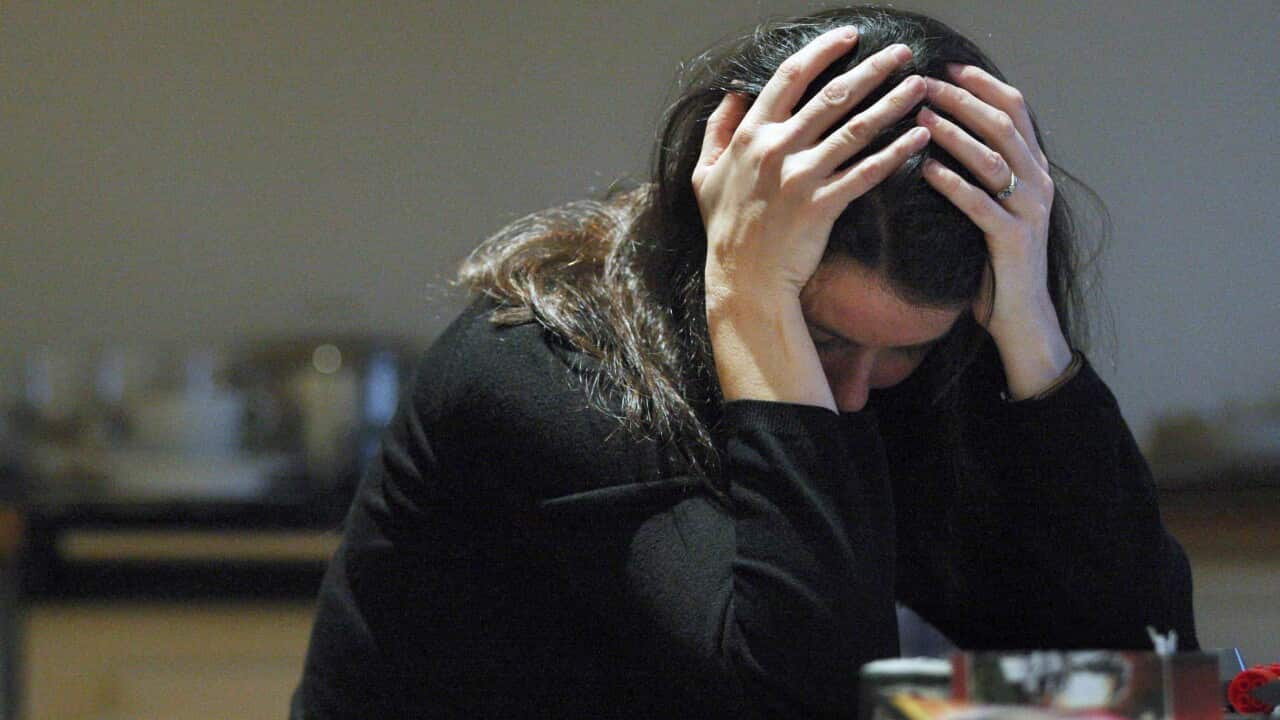Professor Pat Dudgeon, psychologist from the Bardi people of the Kimberley area in Western Australia, told ABC’s Q&A panel on Monday that mental health is a multifaceted issue that requires a holistic response to adequately address the root social, economic and historic causes of depression and suicide in Indigenous communities.
“There is stigma about mental health issues but overall, the community and Aboriginal Torres Strait Islander people want to engage and deal with it,” said Prof Dudgeon.
“It’s part of a whole range of different things. Mental health isn't on its own and I don't think it is for mainstream society neither but it's not one thing on its own."
Prof Dudgeon, who is currently the project leader of the , an Indigenous suicide prevention project working with 11 Aboriginal communities across the country, also reminded the Q&A audience of the high rates of suicide, psychological distress and self-harm in Indigenous communities.
“They’re increasing and it’s a big concern,” she said.
“There is stigma about mental health issues but overall, the community and Aboriginal Torres Strait Islander people want to engage and deal with it."
According to the , suicide rates among the Aboriginal and Torres Strait Islander population were around twice as high as they were among the non-Indigenous population.
The NHMC also reports that Aboriginal and Torres Strait Islander adults were 2.7 times more likely to have high or very high distress levels, compared with non-Indigenous Australians.
But Prof Dudgeon said high suicide and psychological distress rates are not isolated issues: they are related to the complex health gap between Indigenous and non-Indigenous Australians.
RELATED STORY:

‘Real’ mental health reform: Coming soon?
An, published last year, found that Indigenous Australians have a life expectancy that is about 10 years lower than non-Indigenous Australians,
“There’s enormous social disadvantage and economic disadvantage for Indigenous communities."
Other non-health factors also influence suicide rates and mental health issues, she said.
"We know that our statistics for high incarceration rates are quite appalling, that there are a lot of communities and people who live in profound poverty that we do badly in education,” said Prof Dudgeon.
“There is high unemployment, et cetera, et cetera so it all goes into the mix.
“You can't look at mental health without all those other things and, for us …the issue is this is a part of our history of colonisation, so this is the consequences of the brutal takeover of lands, the denigration of Indigenous people and then policies that were draconian and took away all their human rights.
“So we're probably, as a society, in a process of recovery.” Prof Dudgeon told the panel that it was often inaccurately assumed that all Indigenous communities had healed from the non-Indigenous wrongs of the past.
Prof Dudgeon told the panel that it was often inaccurately assumed that all Indigenous communities had healed from the non-Indigenous wrongs of the past.

Professor Pat Dudgeon on Q&A Source: ABC TV
“…There is a sense that we have moved on and we haven't in some ways,” she said.
“I think we are seeing the fruits of all the things that have gone before, and there are some good programs up. [But] we need more of them and there are all sorts of different interventions that we need to put in place.
“Some will be immediate response, but also we need to empower communities themselves and Indigenous people to take charge of their own issues, and help them develop programs and implement them that can deal with all those issues.
“So I think it is a consequence of a period of history, and it may well get worse before it gets better.”
“…There is a sense that we have moved on and we haven't in some ways."
Professor Helen Christensen, director of the and mental health academic at UNSW, agreed that empowering communities to develop their own holistic responses to mental health issues was essential.
“If interventions are to succeed, especially those that require a community-level response, which suicide does as it is not just a health problem, it’s a multifaceted problem…then community-led initiatives are required,” she said.
“It’s bad practice rather than the wrong thing to do to try and parachute down on top of communities and tell them how to run their business when they know what they are doing.
“Indigenous health has to be led by Indigenous people.”
According to the latest (2013), around and more than 60,000 make an attempt making suicide the single largest killer of young Australians.
Media reports state the suicide rate for Indigenous people aged 15-24 in the Northern Territory in 2012 was 50.9 deaths in every 100,000 people.
Prof Christensen urged anyone with a mental health concern, who is struggling emotionally or just wants to talk, to reach out for help to the services available.
“Social support, connecting up with family and friends, is really important as is getting specialised help,” she said.
“Get in contact with health services you trust.
“If you don’t want to see a health provider, start to think of different ways about your problems that might be helpful to you.”
“There’s always hope: people do get better and feel better within themselves.”
, observed on Saturday 10 October, marks the end of , is dedicated to raising awareness about mental health issues around the theme ‘Mental Health begins with me’.
All Australians are encouraged to take part and make a mental health promise to themselves.
If you are feeling distressed, in need of assistance or support, please contact:
- on 13 11 14
- on 1300 659 467
- 1300 22 4636









